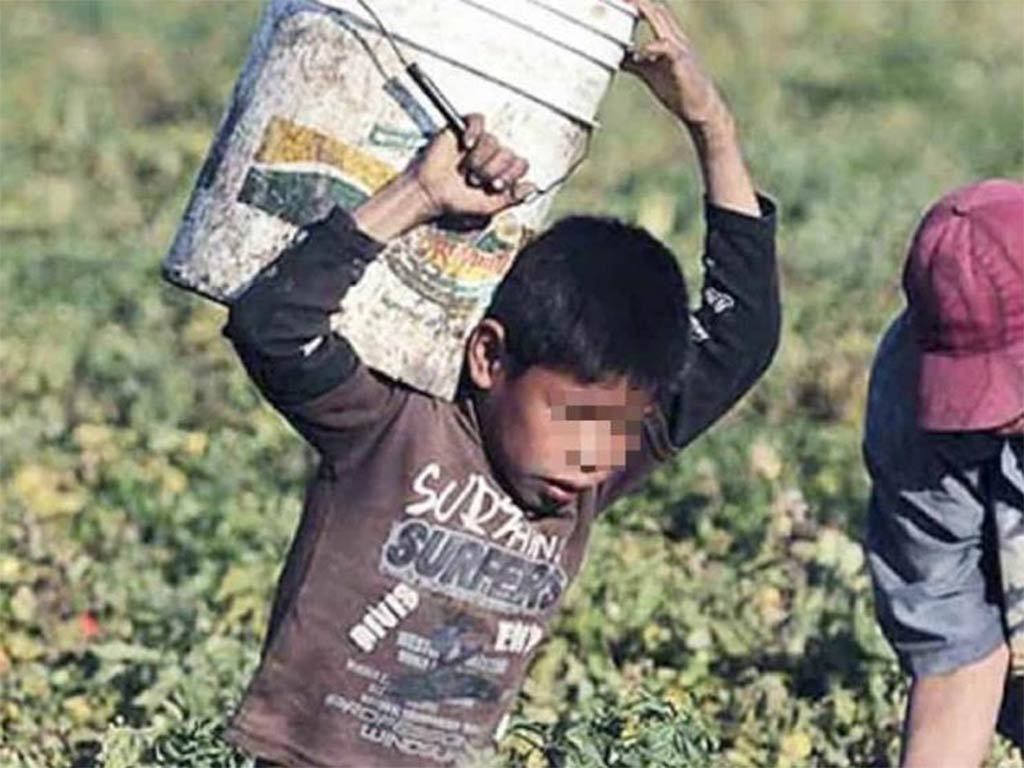The discussions took place at the first Conference on Child Labor, organized by Acción Sindical Uruguaya, an occasion in which lawyer specialized in labor rights, Ana Santesteban, said that “the consequences are worse in the most vulnerable families”.
The expert affirmed that 44 percent of poverty in the country “has the face of a child or adolescent”.
This means that one out of every five minors is poor, which promotes a “vicious circle between poverty and child labor, which feeds back on itself,” she said.
Sociologist Marcos Supervielle said that child labor is seen by society as a secondary issue, which is “naturalized” and, in some cases, is a cause for celebration.
Supervielle pointed out that among the repercussions for the working child is the impact on his or her future.
He said that school truancy causes low literacy and has an impact on the low qualification when looking for a job.
In turn, psychologist Fernando Olivera warned about child exploitation and remarked that minors from poor homes “are cannon fodder.
He pointed out that child labor accompanies family activity in a framework of informality and outside any regulation.
He added that “35,000 children are born every year and we are not able to guarantee their rights”.
mh/jav/mem/ool









